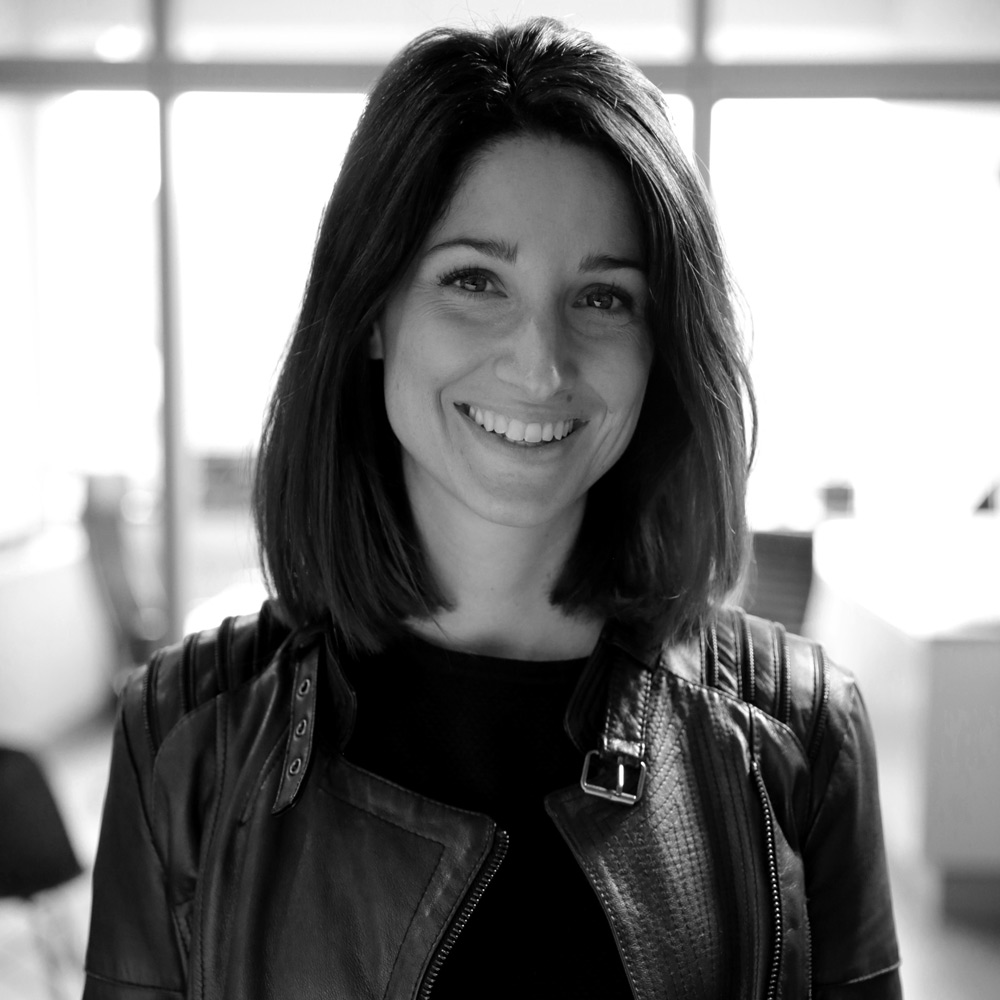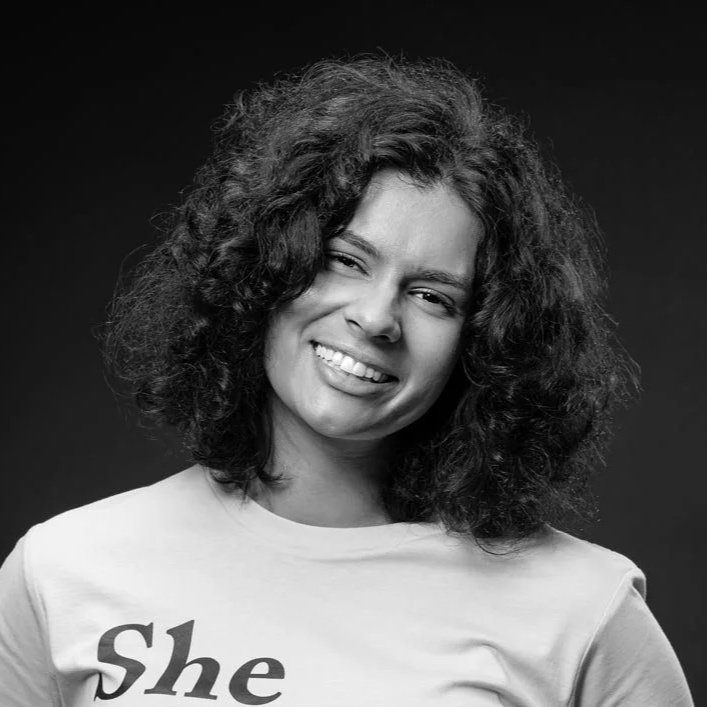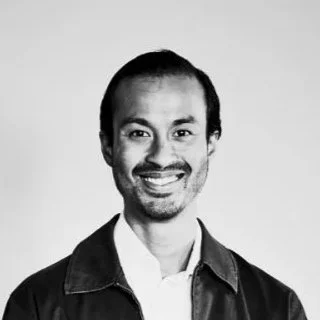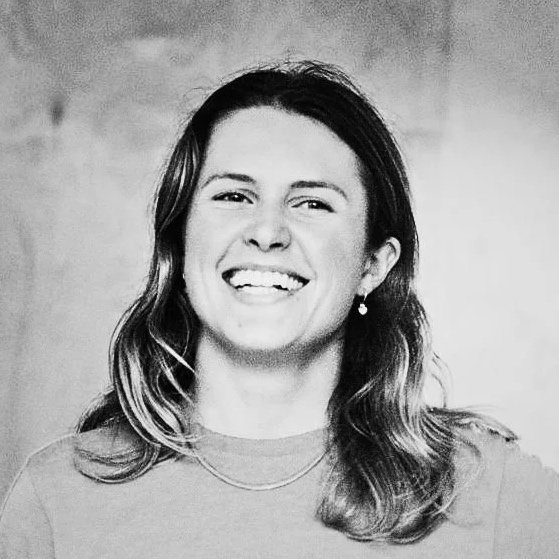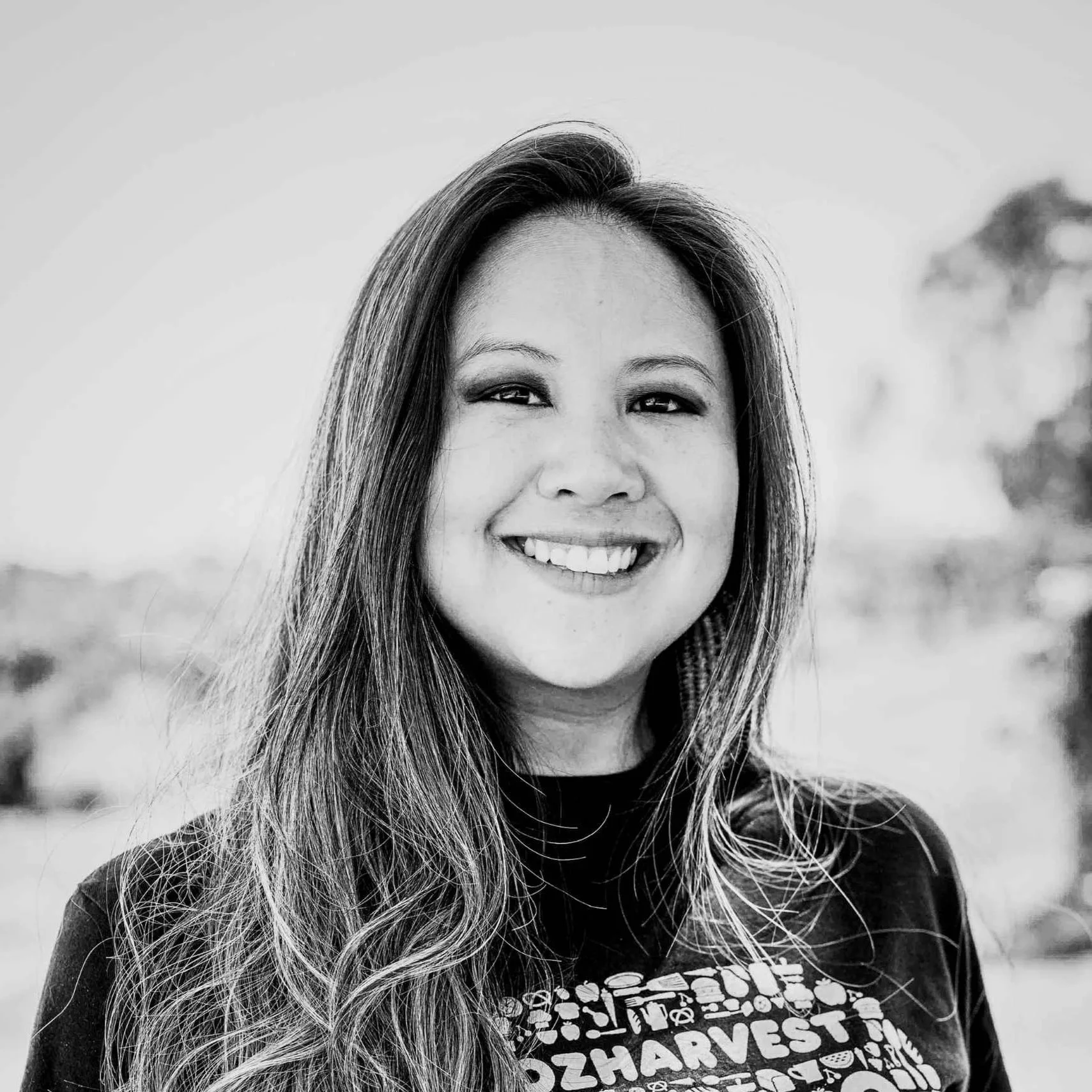Aline Laucke On Social Enterprise In Developing And Emerging Economies.
Aline Laucke has served as a freelance consultant for corporate responsibility, social enterprise and social financing for the last six years. She has also recently completed her PhD, in which she investigated strategic paradoxes in organizations that seek to provide essential goods and services to the Base of the Pyramid in a financially sustainable way.
For her study, she has received a scholarship from Siemens Stiftung and travelled to Colombia, Mexico, Kenya and South Africa to interview and analyze social enterprises in the health care sector as well as the broader ecosystems in which they operate. At Zeppelin University, Germany, she taught classes for bachelor, masters, and executive masters students on the topics of social enterprise, social innovation, social financing and base of the pyramid strategies.
Prior to this, Aline has worked at the Grameen Creative Lab, a think tank and accelerator for social businesses initiated by Peace Nobel Prize Laureate Muhammad Yunus.
Aline is furthermore involved in several initiatives that aim at promoting social impact, including the World Economic Forum’s Global Shapers, where she has served as a curator from 2014 to 2015.
Aline discusses her research, experience and trends in social enterprise in developing and emerging economies, sharing valuable insights about choices they can make and the strong implications these choices may lead to.
Highlights from the interview (For full details, listen to the podcast)
[Tom Allen] - Could you please share a bit about your background and what led you down the path of social enterprise? [2:19]
[Aline Laucke] - My background is in International Business and International Relationships. What I realised in my studies was that I was not happy just pursuing for-profit goals and that I needed a higher purpose. What I mean by that is the possibility to create impact for other people and the planet. I came across the concept of Corporate Social Responsibility 12 years ago during my studies and found it interesting. I got a job in that area but still had a feeling that somehow I was only scratching the surface. I read a book by Mohammad Yunus about Social Business and thought 'wow, this is it! This is what this world needs and this is what I want to do.' [Aline talks about the Grameen Creative Lab, provides more information about Mohammad Yunus and how she got involved in that organisation. That's what got her started in social enterprise and she has worked in the field since.]
You recently completed your PhD at Zeppelin University on a fascinating topic, could you please share more about research, key findings and insights? [5:10]
When I was working at Grameen I increasingly developed a desire to dive deeper and rack my brain about social enterprise. It was quite new at that time and there was so much research to do on it. My experience at Grameen showed me that social enterprise always had to struggle with conflicts because it is so deeply institutionalised in our brains and societies that the 'business' and 'social' parts somehow have to be antagonistic.
[Aline describes how she got involved in a research project funded by Siemens Stiftung designed as a partnership between five universities, including Zeppelin University in Germany and other developing and emerging economies around the world. She travelled to Colombia, Mexico, Ethiopia, South Africa and Kenya. She was always really interested in other cultures so applied for a job and was lucky to get it. She focussed on the health care sector and explains the specifics around her research.]
My main finding says that there is a major difference between for-profits and non-profits with regards to the way they experience conflicts and also the way that they are able to react to those conflicts.
Aline moderating an event organised with the Global Shapers in Munich on the 'Future of Work'.
Do you think it makes sense to think in the for-profit / non-profit categories when it comes to social enterprises? [7:58]
I think for many social enterprises it obviously doesn't make sense because they feel that they are both or neither of the two. But they have to because in most countries you don't have a legal form that somehow combines the two.
The choice of the legal form has really really big implications not only on the type of funding you get but also the way that you can manage your legitimacy.
You can be a social enterprise as a non-profit which sounds logical to most of the stakeholders because they think that it has a social goal so therefore it should be a non-profit. With that decision, people form their expectations, so both internal and external stakeholders will expect you to operate in a certain way. This means that as soon as you move a little more towards business oriented operations/structures you can face conflicts that can really threaten your operations.
However, coming from a for-profit starting point, it's much easier to manage the legitimacy because all of the social things that you do on top of your business activities will be evaluated as an add-on.
People will say, 'of course you have to make sure you cover your costs, but you're also doing all these great social things.' Simply put, people are easier to make happy as a for-profit.
With your global experience, what do you believe are the key challenges for social enterprises in developing economies? [10:22]
There are huge challenges. What development theory currently emphasises a lot is the importance of institutions. So basically that you are able to operate in an environment where things are predictable. Where people have contracts etc. These things are so important for businesses to thrive.
When these institutions are weak, as is often the case in developing and emerging economies, it's a very tough environment for social enterprises or any business to operate.
I would say that this is the main challenge. It means that you have to deal with unforeseen events. You have to be very flexible, deal with people who don't care about the law etc. There are an increasing number of organisations who don't see these happenings as challenges, but as opportunities. Because if institutions are weak you can also shape them more easily.
How have you seen the social enterprise sector transform over the last 5 years and where do you see social enterprise heading into the future? [12:10]
The social enterprise sector has become a lot more institutionalised when compared to five years ago. There's an increasing number of financing mechanisms and a big supportive ecosystem around the topic. I think that this trend will continue.
I think that the boundaries around the social/non-profit and public sector will continue to blur.
This will definitely happen in my opinion because complex social issues require a cross sector approach. An increasing number of people and organisations would agree with that. I wonder whether it will continue to be labelled 'social enterprise' as this leads to a lot of confusion and getting in debates around the definition of the term. They are important debates. [Aline explains this further.]
© Siemens Stiftung. International Research Network on Social Economic Empowerment IRENE|SEE - supported by Siemens Stiftung and composed of researchers from 5 universities: Zeppelin University in Germany, Universidad de los Andes in Bogota Colombia, EGADE in Monterrey Mexico, Adama University in Adama Ethiopia, Stellenbosch University in Stellenbosch South Africa.
In your report called ‘Taking the Pulse’ which you authored with Tim Weiss and Lisa Hanley, you undertook a large study of investment in SE. In the Stanford Social Innovation Review you highlight some of the key recommendations which came from this report - could you please share what the outcomes were with the listeners? [14:12]
I somehow had the crazy idea to do a quantitative study on top as we thought that there was not much knowledge about social enterprises or investors in developing and emerging economies. We wanted to have a broader view on what is really happening. [Aline describes in detail how they went about this research and the key areas that they studied, as well as the findings. She talks about the reasons why social enterprises in the countries she studied would operate in markets that offer 'low hanging fruits' and that other important issues were being neglected.]
Looking at social enterprise from a policy perspective, what do you believe needs to be done by government to help foster and support an innovative social enterprise sector? [17:19]
A couple of things. One of the most important things relates to funding and generating alternative sources of income, like long term supply contracts with social enterprises to give them the opportunity to serve low-income people. There are other ways to organise that, especially through collaborations between different sectors.
It's a crucial thing that governments encourage these types of collaborations through the right legal circumstances.
It's not like the government does one thing and then as a result social enterprise is going to flourish. It's much more complex than that and very difficult to understand why in certain countries social enterprise flourishes and in other countries it doesn't.
Providing the right type of financing is so important for social enterprises.
Otherwise you're always going to shift to either the for-profit or non-profit side and they won't be able to stay in their track and achieve their goals.
Are there any countries you believe are really leading the charge when it comes to social innovation? What are they doing that you think other governments around the world could adopt? [19:15]
I'm always talking about developing and emerging economies as that is my focus. One country that has really impressed me is Kenya. There's so much going on there particularly in terms of digital business models in the social enterprise sector. It wasn't a real consequence of a policy change but one thing that has helped Kenya to become such an innovative hub was because of M-Pesa [she describes more about this mobile payment platform]. This was an infrastructural fundament on which so many other innovations have built upon. There was somehow a gap in the legal framework. In Germany you wouldn't be able to do that as so many people such as the banks would lobby against it.
Are there any particular environmental or social problems that you believe need to be urgently tackled with new social enterprise initiatives? [21:33]
One thing that keeps agonising me is the topic of conscious consumption and global inequalities.
I really wonder why it's so difficult to turn people into conscious consumers. [She talks more about this dilemma.]
There are many factors that come into play here such as the lack of transparency in global supply chains, complex causal relationships, like solving one social problem might actually create another, or simply the laziness of people.
It's so important to develop a solution that easily informs people and helps them make better consumption decisions in the very moment that they need to make them.
What other inspiring projects or initiatives have you come across recently which are creating positive social change? [21:59]
There's one which is called Changamka [Aline talks in detail about this provider of micro-health insurance for Kenyan low income families. It uses mobile phone technology.]
There's an organisation in Germany called Kiron University. [Aline describes more about a very interesting open higher education model for refugees which she would love to see integrated around the world.]
What are a couple of great books you’d recommend to our listeners? [25:40]
[Aline talks about the books listed below.]
Aline undertaking field work in Kenya.
Resources, people and initiatives mentioned in the podcast
Recommended books
- Poor Economics by Abhijit Banerjee and Esther Du Flo
- Digital Kenya by Bitange Ndemo and Tim Weiss

